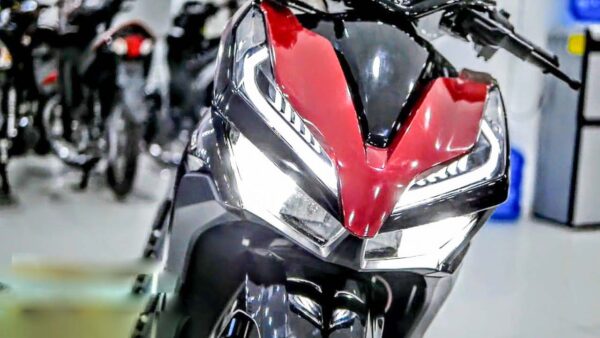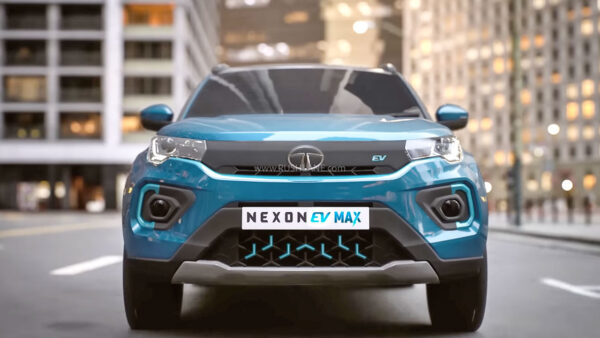Electric Scooters, CNG Cars At Zero Regn, Taxes
[ad_1]
West Bengal announces exemption of registration fees, Motor Vehicle tax and additional taxes for EVs and CNG vehicles from April 1, 2022 to March 31, 2024

Between ex-sh price and on road price, lies a convoluted path burdened by taxes and additional costs. All borne by the buyer. Such additional charges are being waived to some degree by various states. This aligns with government policy that outlines a positive shift to personal EVs by the end of the decade.
West Bengal is the latest state to join this dialogue. An announcement made points to exemption of registration fees, MV and additional taxes. This is applicable to all CNG vehicles, and e2Ws and electric cars. Any new electric scooter, electric motorcycle, electric car, electric two wheeler, electric rickshaw, electric three wheeler or CNG vehicle purchased in the period from April 1, 2022 to March 31, 2024 – will not have to pay any taxes.
On Road Prices Reduced
A waiver of this nature translates to decreased on road price for a wide variety of sustainable energy vehicles. Vehicles already registered in this fiscal, the financial incentive is being issued as an extension of tax validity equating to the exact number of days for which tax has been paid. The move incentivizes investments in battery operated electric vehicles. In the long run, a large-scale shift would eventually reduce dependency on petrol/diesel. And is part of the budget announcement spanning FY23 and FY24.
Where a transition to EVs is concerned, there is a segment that powered through despite its unorganised nature in West Bengal. The electric rickshaw has been serving suburbs and despite initial resistance from unions and government, the Toto refused to slow down, and silently powered through. However, that’s pretty much where the state’s EV commitment has remained in recent years.

Car ownership in West Bengal
The state has multiple other unique transport patterns. For one, it has a dependable Metro network. The public commute bus service runs across distances. Trains carry large populaces from the suburbs to the capital. Even its ageing yellow and black taxis operate efficiently. And this is easily supported by the state’s dependence on passenger cars. Reliance on cycles is high. The National Family Health Survey – 5 (2019-21) also points to two-wheeler ownership at 28.5 percent. Car ownership in the state is as low as 2.8 percent. So, for a state that respectfully values its wide-ranging public transport system, are citizens going to make a transition sheerly based on a waiver? This can only be answered in 2024.
Electric vehicles in West Bengal
For now, as with many new developments, New Town is the pilot city for new initiatives, including those aligned to electric vehicles. The capital is no stranger to electric transport. Back in 1902, Kolkata introduced its first tram line, a sheer electric transport brilliance. 120 years later, only two lines still operate to support nostalgia over profitability. So, while a waiver on new electric vehicle purchases is the way to go, maybe introducing subsidies on electric tram fares could be considered, phase by phase.
It would get a large population that depends on public transport to support electric network seamlessly. As it stands, the city took apart an opined to be space occupying network that was truly pollution free transpiration, one cobblestone after another, one tramcar after another. Not to mention poor management and maintenance. De-reservation of tram tracks dealt a two prong blow. Everyone could use them making them good ole tramcars even slower. And commute
r safety became a concern cause getting on and off a tram in city traffic became deliberately difficult.
As of January 2021, West Bengal Transport Department reported 35,999 e-Rickshaws, 1,240 e2Ws. There were 93 electric cars and 93 electric buses. 24 electric trucks made it to the low EV count. At the time, there were less that 6k petrol hybrid cars, and less than 4.3k diesel hybrid cars. But because electric is the next big thing, EV purchases are being supported. This in a city that has shown no real interest in buying cars.
[ad_2]
Source link










